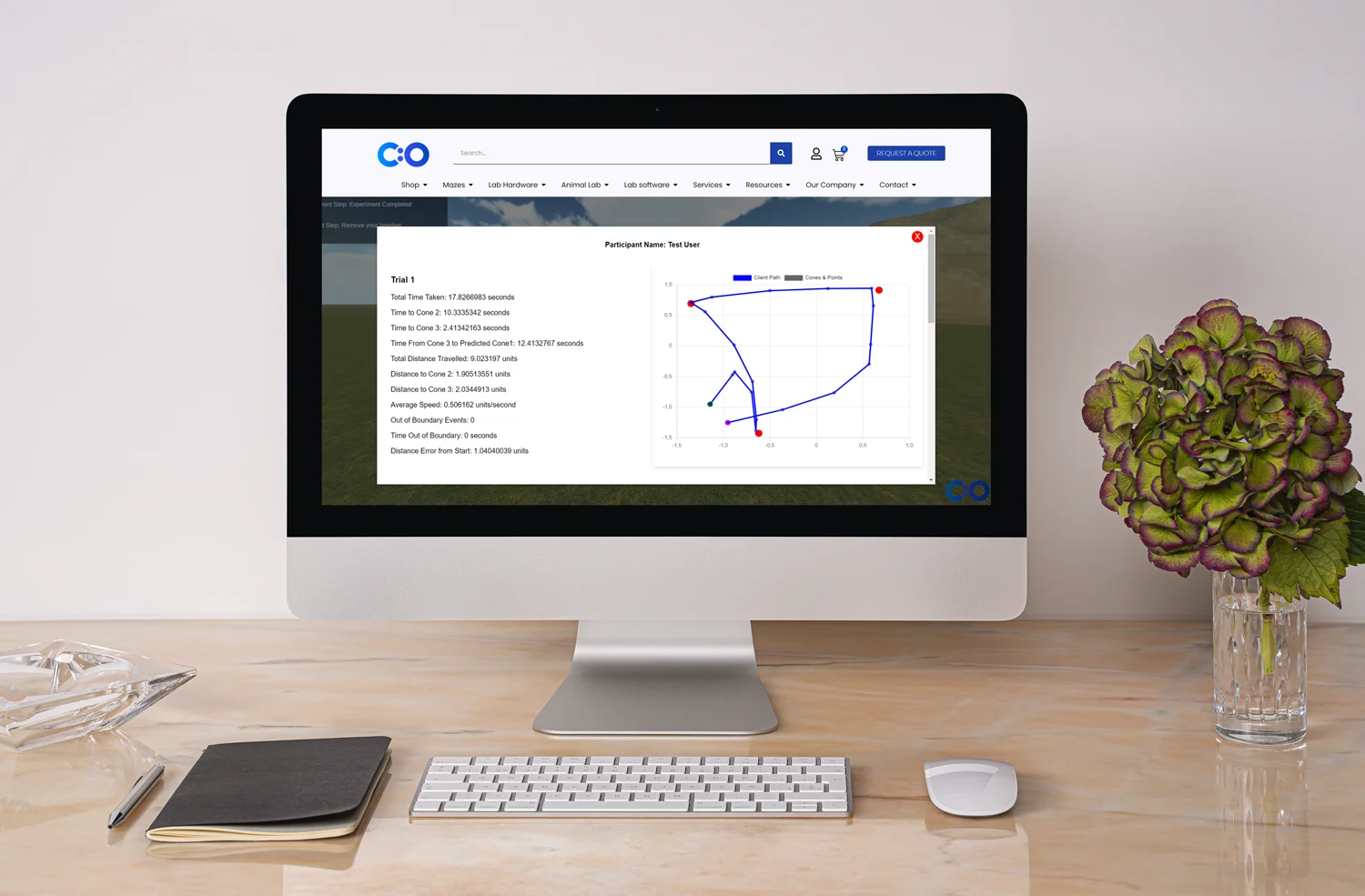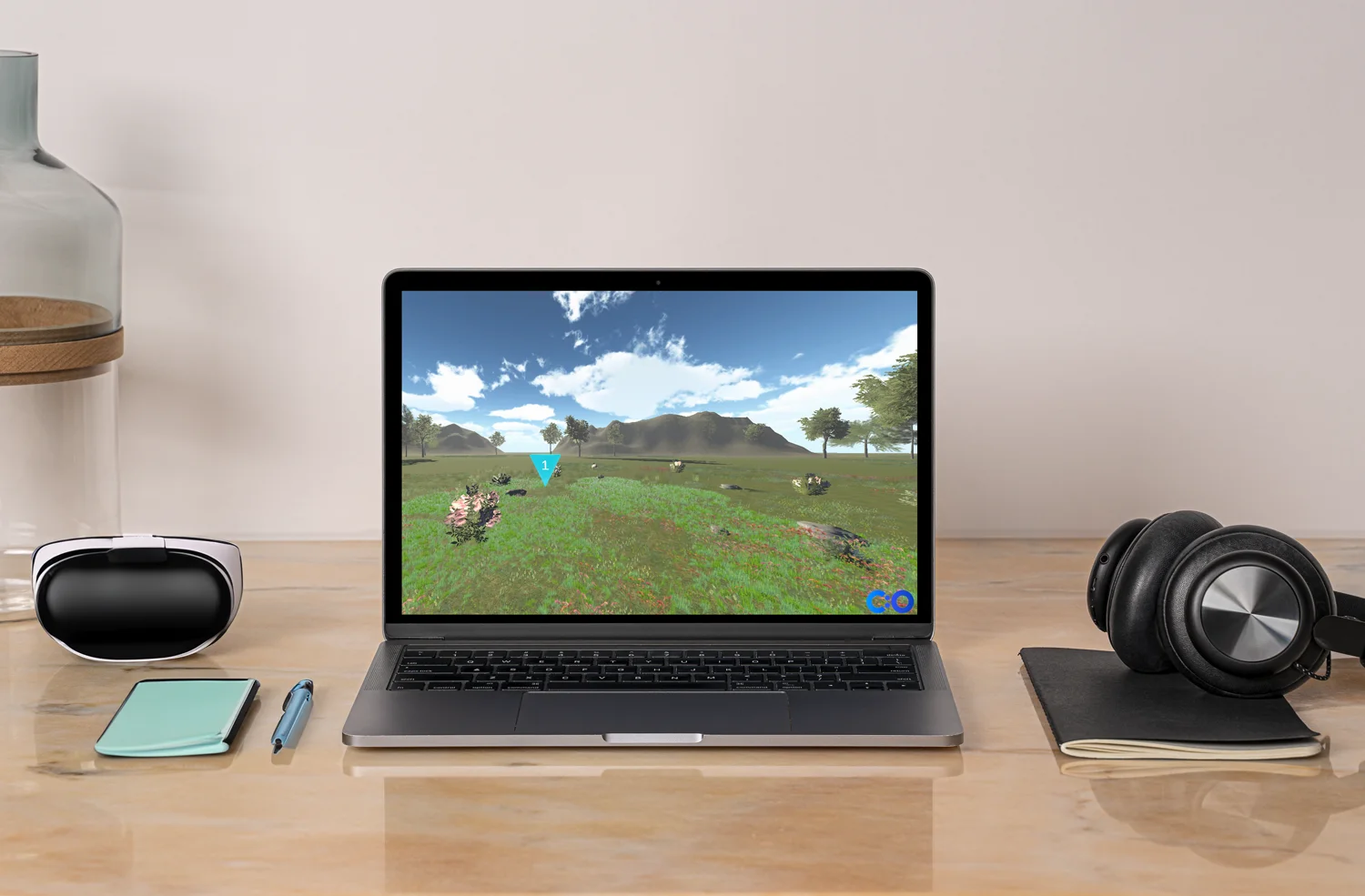

The National Institute of Health (NIH) Career development grants (K awards) are awarded to physician-scientists who seek professional independence and career development. The aim of the grant is to prepare a generation of medical veterans to combat the growing health challenges affecting human health as a whole.
K awards, fundamentally a platform to provide career objectives, are a consolidated group of 14 awards that lay the foundation for a productive scientific climate in the field of biomedical, clinical, and behavioral science. These awards consist of a variety of programs, such as K01, K08, K23, etc.; each requiring the awardee to dedicate a specific percentage (75%) of professional effort and time to research and mentored-career development activities over the last 5 years (Lindman et al., 2016). The award may be in the form of:
Apart from facilitating research training, educational programs, and innovative studies, a K award is transformative, i.e., provides a career trajectory to the biomedical scientist. It is critical for mentoring and career development of clinical and translational research scholars. Without it, a physician-scientist may not be able to fulfill the dream of achieving research independence.
The K awards are of several types. Discussing each in detail will help understand the nature and obtainability of each.
The K01 grant is awarded to post-doctoral fellows seeking research independence under the aegis of a mentor or a sponsor. This award provides support and training for a sustainable period of time so that the physician-scientist can indulge in intensive research, such as a clinical trial or feasibility study, etc., mandatory for career development.
The basic purpose of the K01 award, however, is to pave the way for the R01 grant, i.e., a new research project grant – the most prestigious NIH award given to independent scientists conducting biomedical research. The R01 award is the ultimate grant that leads to an independent research career.
With the help of mentoring training received via the K01 award, the doctors and post-doctoral research fellows gain valuable experience and skills required for career development.
The grant provides a “protected time” of 3-5 years for intensive, supervised research in clinical, behavioral, and biomedical sciences.
Almost all ICs provide K01 grants to investigators who:
The grant provides:
The K02 grant is awarded to scientists who want to take a hiatus from teaching and become full-time researchers. This award allows dedicating uninterrupted time and concentration to research and investigation. In a way, a K02 award gives a doctor or a physician “off-time from academic responsibilities or administrative duties and facilitates becoming a researcher with an advancing career.
The release from clinical duties allows the researcher to venture into other research sites, develop collaborations with other investigators/laboratories, and learn new techniques.
The K02 fund is provided in the form of salary and research support. To secure the award, an applicant should have a track record of successfully obtaining the R01 grant. The purpose of the K02 award is to facilitate researchers moving from one R01 grant to multiple R01 grants required in the process of full-time research. Unlike K01, the K02 grant does not require mentorship.
The grant provides:
The K05 grant is given to an established investigator, preferably a professor, who wishes to:
The applicant, at the time of the application, must be the principal investigator (PI) of an R01 or R01-like grant focused on cancer research. The award duration is 3-5 years.
The grant provides:
The K07 grant provides a unique opportunity to junior physicians who want to become cancer-focused scientists or investigators. This award focuses on cancer prevention, cure, and control. The purpose is to keep and increase a diverse pool of ambitious and talented scientists, with academic/research expertise, to address the problem that affects approximately 13 million people every year. (Jemal et al., 2008)
The award compensates for salary and mentored-research support for a protected time of <5years.
Like the K01 grant, K08 is a career-development award that prepares capable doctoral fellows for independent research careers. This award basically allows qualified individuals to explore biomedical, behavioral, and clinical sciences and improve the overall health conditions of the nation.
Like K01, the K08 grant provides mentored supervision and protected time (3-5 years) for intensive and dedicated clinical research. It provides:
The purpose of the K12 grant is to support early-career clinical scientists, such as physicians, pharmacists, epidemiologists, clinical psychologists, and behavioral scientists, who are committed to venture into independent research careers and ultimately seek other support mechanisms, i.e., K08 and K23, for further research.
K-12 facilitates intensively supervised research training in the field of substance use and associated disorders for 3-5 years.
The grant provides:
K18 facilitates experienced scientists to acquire new research skills to initiate or redirect their already-established research programs toward deafness and communicable diseases. K18 is a mentored research career development award and lasts for 6 months to 2 years.
The grant provides:
The K22 grant facilitates the transition of physician-scientists, who may be intramural or extramural postdoctoral fellows, to independent researchers. It is a two-phase award where:
Intramural awardees receiving K22 grants continue their biomedical career in the extramural community or secure academic faculty positions at U.S. institutions.
The grant provides:
K23 is awarded to physician-scientists and postdoctoral fellows who seek career development through supervised patient-oriented research and studies. The grant support ultimately leads to research independence in translational, behavioral, and biomedical fields.
K23 grant is provided, for the duration of 3-5 years, in the form of:
K24 is a patient-oriented award that promotes biomedical, clinical, behavioral, and translational research on human subjects. It aims to create a pool of richly experienced and diversified human resources in patient-oriented research, particularly aging. Clinical researchers at the level of assistant professors are usually eligible for the K24 award. The potential awardee is required to recruit and mentor like-minded researchers to conduct patient-oriented studies and translate research findings.
The grant is renewable and provides:
Research Fund: up to $50,000
K25 award is a special grant reserved for postdoctoral fellows whose research or degree is non-medical (engineering, quantitative science, etc.) but who want to venture into the biomedical and clinical field. The purpose is to attract more and more qualified and experienced researchers to the NIH-relevant research.
The grant, issued for 3-5 years, provides:
Research Fund: up to $40,000
K30 aims to inculcate moral and educational training into the career development of research scientists. It also bridges the gap between researcher and patient by providing supervised training to the former.
The grant provides:
K99 award processes an early and timely transition from a postdoctoral position to an independent research position. K99, lasting for 1-2 years, is a two-stage award that is coupled with R00 (to support the last and final stages of postdoctoral training) which lasts up to 3 years.
The grant provides:
KL2 selects a faculty-level clinician for successful career development in clinical and translational research.
The grant, lasting up to 3 years, provides:
Here is a brief summary of the type of K award you should apply for:
More information on Career Development K-awards can be found here.











Dr Louise Corscadden acts as Conduct Science’s Director of Science and Development and Academic Technology Transfer. Her background is in genetics, microbiology, neuroscience, and climate chemistry.
